The fallout of Trump’s Iran strike
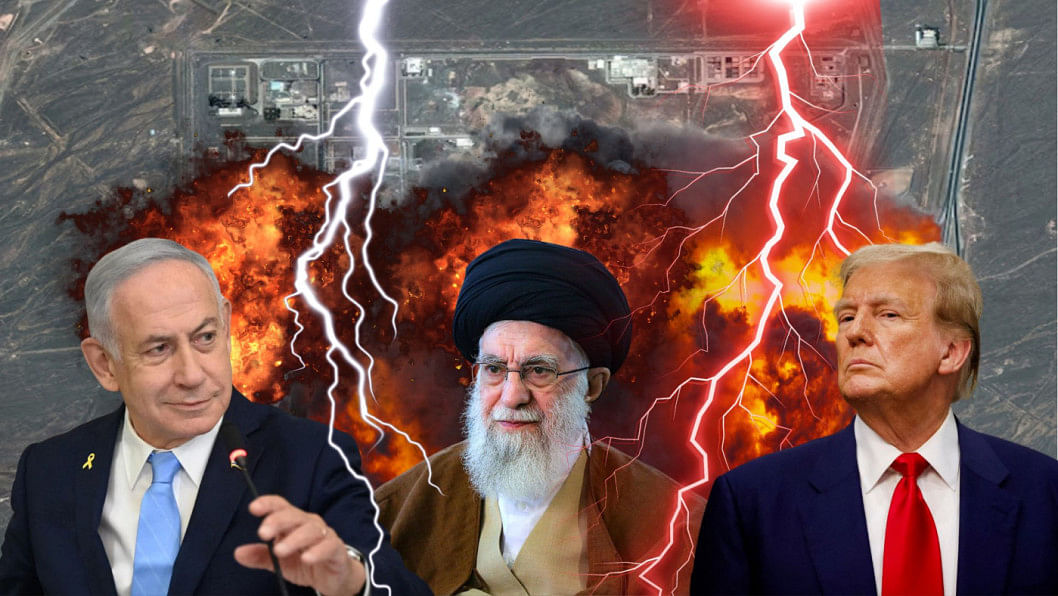
US President Donald Trump has bombed Iran, as many had predicted. Rumours of Trump's intention to intervene in the ongoing Iran-Israel conflict had been circulating since June 18, starting with the Israeli media. On June 19, legendary journalist Seymour Hersh reported that, according to his sources, the intervention "will entail heavy American bombing," and that "the Trump administration is in full support of Israel's current plan to rid Iran of any trace of a nuclear weapons programme, while hoping the Ayatollah-led government in Tehran will be overthrown."
Nevertheless, many had hoped that the self-proclaimed "anti-war president," the "America First president," would refrain from dragging the US into another major conflict.
But those hopes have now been shattered, as Trump—like every US president arguably since JFK—has put "Israel first" and bombed three of Iran's nuclear facilities: Fordow, Natanz, and Esfahan. The great irony here is that this entire episode—from Israel's pre-emptive and illegal attack on Iran on June 13 to Trump's subsequent escalation—likely has little to do with Iran actually acquiring nuclear weapons. Indeed, Israeli Prime Minister Benjamin Netanyahu has been claiming for over 20 years that Iran was merely weeks, months, or a few years away from obtaining them.
Many experts, including former US army generals and senior intelligence officials, have argued that Iran's greatest mistake was its decision not to acquire nuclear weapons—something that could have served as a deterrent against the relentless pressure it faces, as well as outright attacks on its sovereignty.
They point to what happened in Libya, Iraq, and Syria—countries that agreed to abandon their weapons programmes—as opposed to North Korea. The North Korean leadership remains in place, while the leaderships in those other countries that made deals with the US have been removed—and, in most cases, eliminated. Those countries have also been bombed and devastated. North Korea, by contrast, has not, because it possesses the nuclear deterrent.
Prior to the US bombing, Iran had warned that it would target American assets in the Middle East if the US intervened. Many experts noted that US assets in the region were extremely vulnerable to retaliation. Some even argued that a US attack would compel Iran to conclude that it has no option but to acquire nuclear weapons if it wishes to survive.
Now that Trump has crossed that Rubicon, it is impossible to predict what comes next. But in the aftermath of the attack, Israeli Prime Minister Netanyahu may—perhaps for the first time—have said something that will prove accurate: Trump's decision, he claimed, "will change history." And it just might, for all the wrong reasons.
Iran's immediate response was to go into "rage mode" and launch a significant number of missiles at Israel—including, for the first time, its Khyber missile—which appears to have caused substantial damage. Iran's foreign minister accused the US of launching a "dangerous war against Iran" by striking its nuclear sites. He described the attacks as a violation of international law and warned that Iran would respond to defend its security "by all necessary means."
Meanwhile, in a televised address from the White House, the US president told the nation: "Our objective was the destruction of Iran's nuclear enrichment capacity and a stop to the nuclear threat posed by the world's number one state sponsor of terror." He reiterated that "there will be either peace or there will be tragedy for Iran far greater than we have witnessed over the last eight days."
Trump went on to say, "Remember, there are many targets left… If peace does not come quickly, we will go after those other targets with precision, speed, and skill. Most of them can be taken out in a matter of minutes."
According to Stephen Zunes, director of Middle Eastern Studies at the University of San Francisco, Iran, too, "has a number of options" at its disposal. "They can attack US forces directly. There are up to 40,000 Americans within range, not just of Iranian missiles but of drones and other weaponry. The fleet in the Persian Gulf, just off the Iranian coast, is also vulnerable to Iranian attacks, and that could impact global shipping, oil prices, and indeed the entire global economy." The proxy militias in Iraq could also "target American bases there." And so, there are "a number of ways that American forces could be vulnerable," and it would be surprising "if the Iranians don't target at least some of these."
However, as surprising as it may be for Iran to back down, that may be its best option. Following Israel's devastating success in eliminating Iran's top leadership in the surprise attack on June 13, the conflict has taken some shocking turns. Iran now seems to have been more successful in penetrating Israel's Iron Dome and inflicting damage. While it was initially believed that Iran wouldn't withstand Israel's intense barrage, it is becoming increasingly clear that it is Israel that is struggling to cope with Iran's missile strikes, as its defence systems are becoming exhausted trying to intercept them.
Israel had always sought to drag the US into this war, and in recent days it has tried even more desperately, as Iranian missiles continue to pummel the country. This has led to growing dissatisfaction among Israelis with Netanyahu, whose only path to retaining power appears to be fuelling further chaos.
It should now be clear to Iran that Netanyahu stands to benefit the most from any further escalation between the US and Iran. And that Trump, in bombing the three Iranian nuclear facilities, has effectively bombed his own base, a large portion of which supported him for his anti-war rhetoric. Now that his rhetoric has proven hollow, there could be significant domestic blowback.
The rest of the world, too, has once again witnessed how the US says one thing and does another. Global trust in the US's word has diminished further. Countries such as Russia and China—though unlikely to support Iran directly—may be more inclined to offer indirect assistance, viewing themselves as targets of the same adversary.
Therefore, it may be in Iran's best interest to play the long game: to survive and allow the US and Israel to further expose their hypocrisy to the world, rather than escalate the conflict and give Washington another excuse to raise the stakes and push for rapid regime change in Tehran.
Eresh Omar Jamal is head of the editorial department at The Daily Star. His X handle is: @EreshOmarJamal
Views expressed in this article are the author's own.
Follow The Daily Star Opinion on Facebook for the latest opinions, commentaries, and analyses by experts and professionals. To contribute your article or letter to The Daily Star Opinion, see our guidelines for submission.

 For all latest news, follow The Daily Star's Google News channel.
For all latest news, follow The Daily Star's Google News channel. 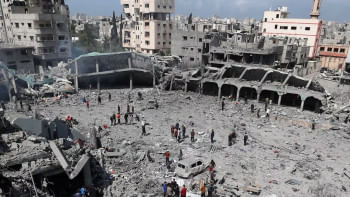
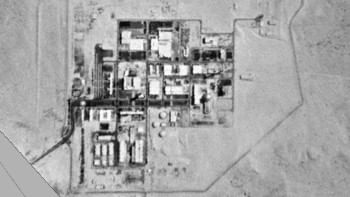


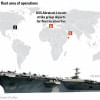

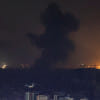
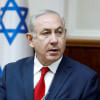


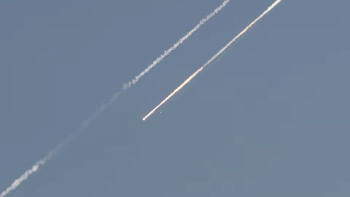
Comments